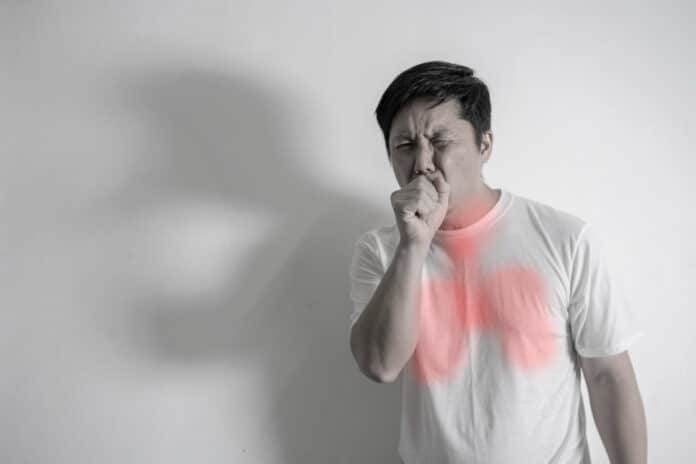Acute Respiratory Distress Syndrome (ARDS) is a severe lung condition that can be life-threatening, often occurring in people who are critically ill or injured. Researchers have been working to find better ways to treat ARDS and improve patient outcomes. A recent study has made a significant breakthrough in identifying a potential new target for therapy in managing ARDS.
Every year, around 190,000 people in the United States are found to have a severe lung condition called acute respiratory distress syndrome (ARDS). Sadly, about 40% of those with ARDS don’t survive.
A recent study by Northwestern Medicine found something important. They discovered a new target for treatment and some medicines that could help older people with ARDS. This study was published in a journal called Science Translational Medicine.
ARDS happens when the lungs fill up with fluid, making it hard for them to give oxygen to the body. Lung injuries often cause it, and older age increases the risk. Despite knowing more about ARDS, there have yet to be any specific treatments, and the chance of survival remains low.
Senior study author YouYang Zhao, professor of pediatric clinical care at Northwestern University Feinberg School of Medicine, said, “Compared to young adults, the incidence of ARDS resulting from sepsis, pneumonia, and COVID-19 in the elderly is as much as 20-fold greater, and mortality is up to 10-fold greater.”
The researchers used unique methods to study old and young mice with ARDS. They found that the lungs had trouble healing in older mice after a lung injury caused by sepsis, a severe infection. It made it more likely for them to die from ARDS.
They discovered that a gene called FOXM1, which helps cells in the lungs’ blood vessels to heal, wasn’t working correctly in older mice but was fine in younger ones.
The researchers then tried a unique method to give older mice more FOXM1 using tiny particles. It helped the cells in the lungs’ blood vessels to start healing again, and the mice were more likely to survive sepsis.
They also tested a drug used for cancer treatment on older mice. This drug helped the cells in the lungs to heal better, improved lung injuries and increased the chances of survival.
The researchers also looked at lung samples from people who had COVID-19. They took samples from older people and those in their middle years. They found that a gene called FOXM1 was not active in the lungs of people over 80 infected with COVID-19. But in people aged 50 to 60, this gene was more active.
These findings show that FOXM1 could be a good target for treatment in older people with ARDS, the lung condition. Zhao, one of the researchers, said, “understanding how aging affects the healing of lung cells is essential. It could help develop new ways to treat ARDS in older patients.”
In conclusion, the study’s findings present a breakthrough in the search for better treatments for Acute Respiratory Distress Syndrome. The newly identified therapeutic target offers a potential avenue for developing innovative therapies to improve outcomes for individuals affected by this severe lung condition.
Journal Reference:
- Xiaojia Huang, Xianming Zhang et al., Endothelial FoxM1 reactivates aging-impaired endothelial regeneration for vascular repair and resolution of inflammatory lung injury. Science Translational Medicine. DOI: 10.1126/scitranslmed.abm5755.
